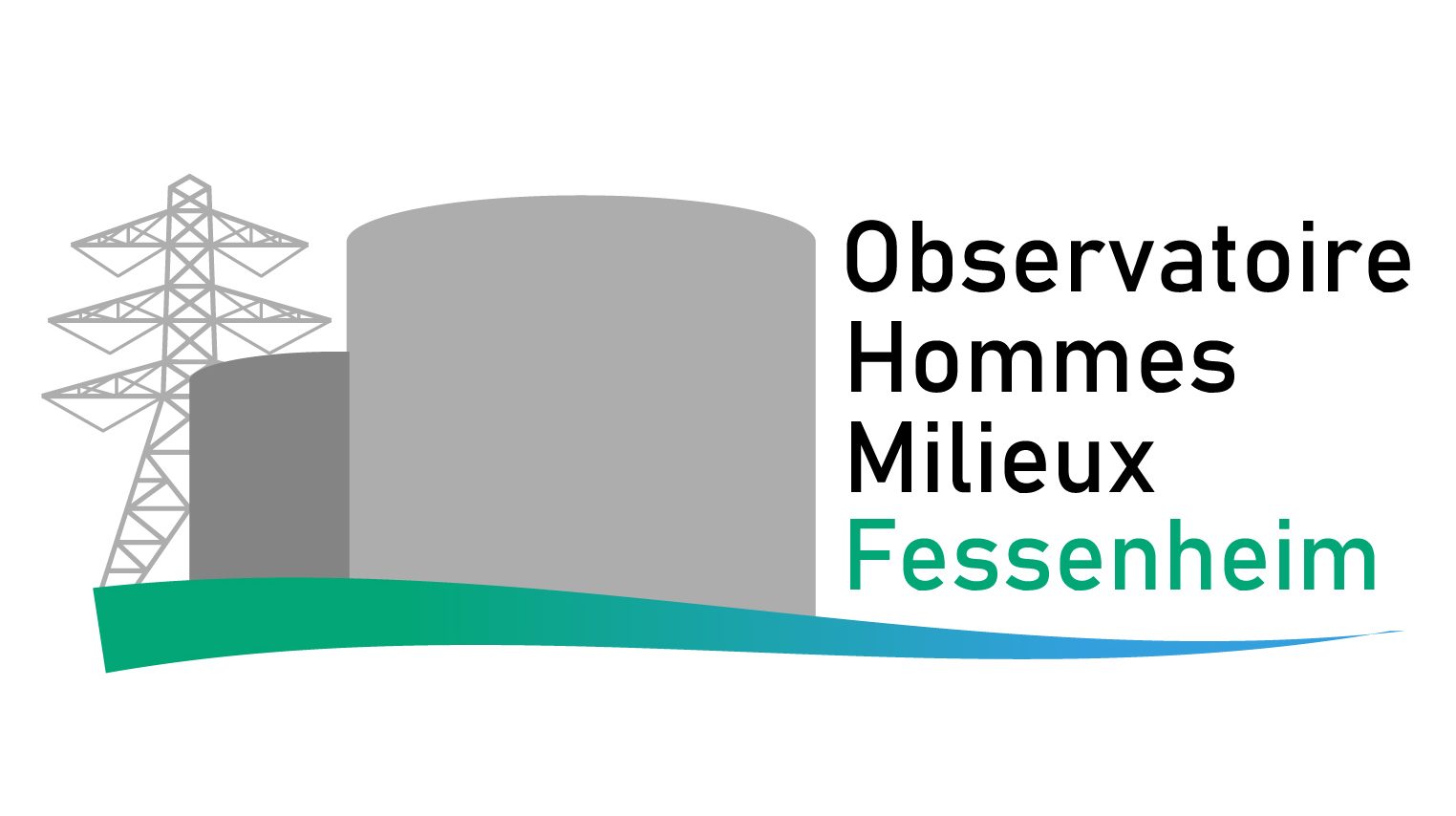Videoconference only
English
Orange hydrogen is the new green
Date (d/m/y) | time
06/02/2023 | 14h00 - 15h00Abstract
Maintaining global warming well below 2°C, as stipulated in the Paris Agreement, will require a complete overhaul of the world energy system. Hydrogen is considered to be a key component of the decarbonization strategy for large parts of the transport system, as well as some heavy industries. Today, about 96% of current hydrogen production comes from the steam reforming of coal or natural gas (labelled black and grey hydrogen, respectively). If hydrogen is to become a solution, then black and grey hydrogen need to be replaced by a low-carbon option. One method that has received much attention is to produce so-called green hydrogen by coupling water electrolysis with renewable energies. However, green hydrogen is expensive and energy-intensive to produce. Here, we explore an alternative option and highlight the benefits of rock-based hydrogen (white and orange) compared with classic electrolysis-based technologies. We show that the exploitation of native hydrogen and its combination with carbon sequestration has the potential to fuel a large part of the energy transition without the substantial energy and raw material cost of green hydrogen.
Brief biography
After graduating from ESPCI Paristech in 2010, I defended my PhD in Laboratoire Navier (Université Gustave Eiffel) on the mechanical consequences of salt precipitation during carbon storage in deep saline aquifers in 2013. After the defense, I worked in Warsaw, Poland then Calgary, Canada on water-rock interactions in the context of the exploitation of subsurface resources, before arriving at the Institute des Sciences de la Terre d’Orléans (ISTO) in 2018. Since, I have been working on natural hydrogen and carbon mineralization associated with water-rock interactions in ultramafic formations, and developped the concept of Orange hydrogen. I have recently started as a Founder in Residence in Marble Studio, where I work toward the creation of a startup for the development of the technology.
Helpful reading
Reactive transport experiments of coupled carbonation and serpentinization in a natural serpentinite. Implication for hydrogen production and carbon geological storage, F. Osselin, M. Pichavant, R. Champallier, M. Ulrich, H. Raimbourg, Geochimica et Cosmochimica Acta, 318, pp. 165-189, 2022. Learn more




